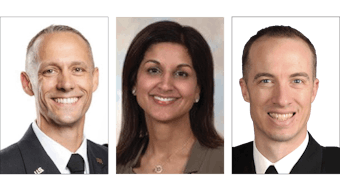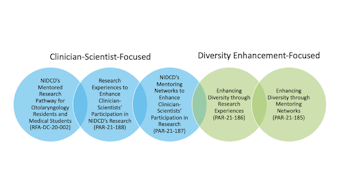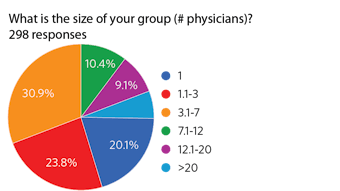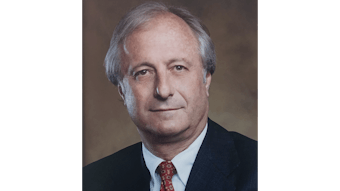PERSPECTIVES OUT OF COMMITTEE: Veterans Affairs Easing Out of Active Practice: What Are You Going to Do Now? Consider Part-Time VA Employment
Many retired surgeons have emphasized that the dramatic changes of sudden retirement for many of us active older surgeons can lead to a lesser than anticipated quality of life.
David E. Eibling, MD
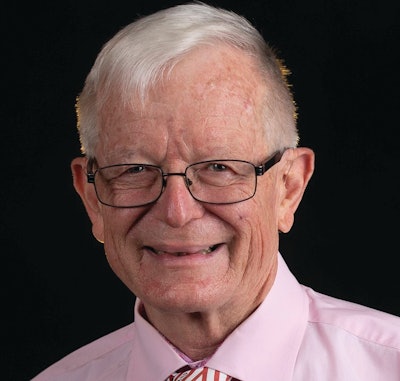 David E. Eibling, MD
David E. Eibling, MD
I was personally impacted by comments to this effect by Roger L. Crumley, MD, MBA, in a keynote address at the 2019 American Society of Geriatric Otolaryngology (ASGO) meeting.1 Dr. Crumley is former chair of the Department of Otolaryngology-Head and Neck Surgery at the University of California, Irvine, School of Medicine. He spoke of his semi-retirement and how it clarified how gratifying seeing patients and teaching were to him. He, therefore, recommended that if these are passions for others as well, then they should continue—whether by scheduling fewer patients, volunteering, or putting in time at a free clinic. I took his advice and am following it for my own gradual winding down to retirement.
However, this is not always as straightforward as it might seem. For many in private practice, they must consider ongoing financial commitments such as office costs if no successor is available, malpractice insurance (and “tail”), licensing fees, etc. These and other expenses may mandate continuation of a higher-than-desired effort when one really would prefer to slow down.
Dr. Waguespack noted during the panel another option you might wish to consider—that is, seeking to provide part-time help at a local Veterans Affairs (VA) hospital. I have been a VA employee for 32 years and am currently at the Pittsburgh VA Medical Center. As I have slowed down over the past several years, I have found the experience continues to be rewarding. In my case, I no longer do elective scheduled surgical cases. I spend about half of my time doing virtual visits from home and two days in the general clinic. Recall that the VA covers malpractice, and in some states (such as Pennsylvania) there is no cost for a license to practice only within the VA. A valid license in any state is sufficient, so that if you are looking to relocate, there is no need to seek licensure in your new state. I have a part-time appointment, but many work under a fee-based arrangement. There seem to be a number of permutations as to compensation arrangements, and, of course, volunteer work (without compensation [WOC]) is often welcomed.
An even more critical factor is the need for your services as a part-time otolaryngologist. The recent MISSION Act, which facilitates care of veterans in the local community outside the VA, has paradoxically heightened the need for our care. This is particularly true at smaller VA facilities and so-called community-based outpatient clinics (CBOCs), of which there are literally thousands. These smaller remote sites do not have sufficient need to support a comprehensive otolaryngology section but are linked to a larger facility. Among my other roles, I spend one day per month at a smaller VA hospital two hours from Pittsburgh. My presence there assists in expediting care for patients who require tertiary care.
I hope I have piqued your interest! If so, the first step is to contact your local VA facility to inquire whether a need exists. You should talk to a VA otolaryngologist, then an in-person visit would probably be the next step. The credentialing process is VA-hospital specific, but the online form “Vetpro” is used by all VA hospitals so does not need to be completed again if you are working in more than one facility or move during retirement. A fairly intensive online training is required of all employees in order to be granted access to the VA computer system, but yearly refresher courses are less challenging to complete. Re-credentialing requires ongoing continuing medical education, and you will need to maintain basic life support certification, but this is usually provided by the VA facility.
To conclude, you may wish to use your skills to enhance ENT care for our nation’s veterans; for me it has been an honor.
Reference
1. Crumley, RL. Retirement and life after practice: reflections on retirement. Speech presented at: American Society of Geriatric Otolaryngology Meeting; May 3, 2019; Austin, TX.

